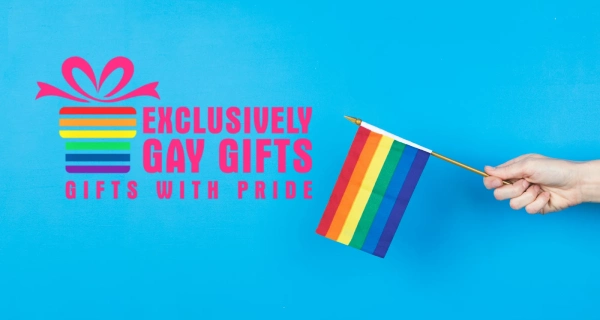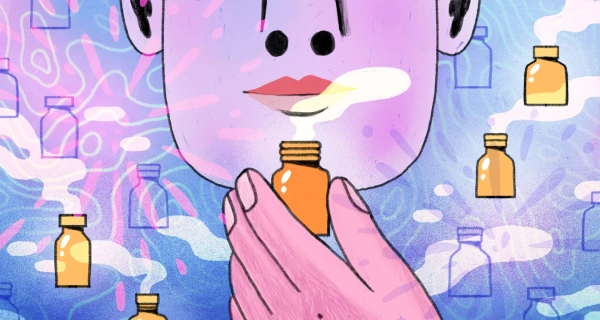
Gay Brothers is an organization dedicated to creating a culture and environment of acceptance, respect and appreciation for brothers who are gay or bisexual. Gay Brothers believes that men do not have to choose between being themselves or having a brotherhood. We recognize the importance of both and strive to support our members in cultivating a community that celebrates and honors both identities at once.
Our primary objectives are to promote awareness, celebrate diversity, help create safe spaces for gay and bisexual brothers, provide resources on health & wellness topics, and promote respect amongst our allies. Additionally, we offer educational presentations as well as social events throughout the year that can assist in fostering brotherhood based on understanding among gay/bisexual affirming Greek organizations across the nation.
We are the premier network of LGBTQ+ fraternity men in the United States. Our organization is committed to providing members with the resources necessary to excel both socially and academically within their chapters while also providing them with opportunities for personal development through meaningful conversations and education surrounding sexuality & gender identity related issues. No matter your background or chosen lifestyle – whether an ally or part of the LGBTQ+ spectrum – we're here to help create healthy communities by supporting our members, promoting equality & safety through education & advocacy efforts, encouraging social engagement, advocating for positive change within fraternal organizations and networks, celebrating visibility achievements within our queer& transgender families!
Forging Bonds of Brotherhood: The Power and Unity of Gay Brothers
The term "gay brothers" refers to a community of gay men who share a special bond of brotherhood. These men come together to form a supportive network of friends who understand the unique challenges and experiences that come with being gay.
The concept of gay brothers originated in the early days of the gay rights movement, when many gay men were ostracized by their families and communities. In response, they formed their own chosen families, creating a sense of belonging and support that they couldn't find elsewhere.
Today, the gay brothers community is a diverse group of men from all walks of life. They come together to share their stories, provide emotional support, and build lasting friendships. Some gay brothers groups also organize social events, community service projects, and advocacy efforts to support the LGBTQ+ community.
Overall, the concept of gay brothers is a powerful reminder of the importance of finding community and support in the face of adversity.
Definition of what it means to be a 'gay brother'
The concept of "gay brothers" refers to a unique bond that exists between two gay men who share a deep sense of brotherhood, camaraderie, and understanding. This bond is often formed as a result of the shared experiences and challenges that come with being a member of the LGBTQ+ community.
Gay brothers can be biological siblings, but more often than not, they are chosen family members who have created a strong and lasting connection based on their shared identity and experiences. This bond can be incredibly powerful and provide a sense of belonging and support that may be lacking in other areas of their lives.
Gay brothers often form tight-knit communities and are known to support each other through difficult times, celebrate each other's successes, and provide a sense of home and family. This concept has been embraced by many in the LGBTQ+ community as a way to redefine what it means to be a family and to create a sense of community and belonging among those who have historically been marginalized.
Different perspectives on the gender identities associated with Gay Brothers
The term "gay brothers" can have different meanings and interpretations depending on the perspective of the individual using it. Some people may use it to refer to a group of gay men who share a strong bond and brotherly love, while others may use it to describe a community of gay men who share similar experiences and struggles.
From a gender identity perspective, some people may associate the term with a sense of brotherhood and camaraderie among men who identify as gay. They may view it as a way to celebrate and embrace their shared experiences as men who are attracted to other men.
However, others may argue that the term reinforces gender stereotypes and excludes individuals who do not identify as male. They may feel that it perpetuates the idea that all gay men are masculine and reinforces the gender binary, ignoring the experiences of non-binary and transgender individuals within the LGBTQ+ community.
It's important to recognize and respect the diverse perspectives and experiences within the LGBTQ+ community and to use language that is inclusive and respectful of all individuals, regardless of their gender identity or sexual orientation.
How gender norms and stereotypes affect relationships between Gay Brothers
The relationship between gay brothers can be complex, especially when it comes to gender norms and stereotypes. Society often places certain expectations on men based on their gender, such as being tough and unemotional. These expectations can make it difficult for gay brothers to feel comfortable expressing their emotions and vulnerability with each other.
Additionally, gay brothers may feel pressure to conform to certain stereotypes within the LGBTQ+ community. For example, there may be pressure to be more masculine or feminine based on one's sexual orientation. This can create tension between brothers who may feel like they don't fit into these stereotypes and are constantly trying to navigate their identity within the community.
However, it's important to note that not all gay brothers experience these challenges. Some may have a close and supportive relationship, while others may struggle to connect due to personal differences or family dynamics. Ultimately, it's up to each individual to define their own identity and relationship with their brother, regardless of societal expectations.







